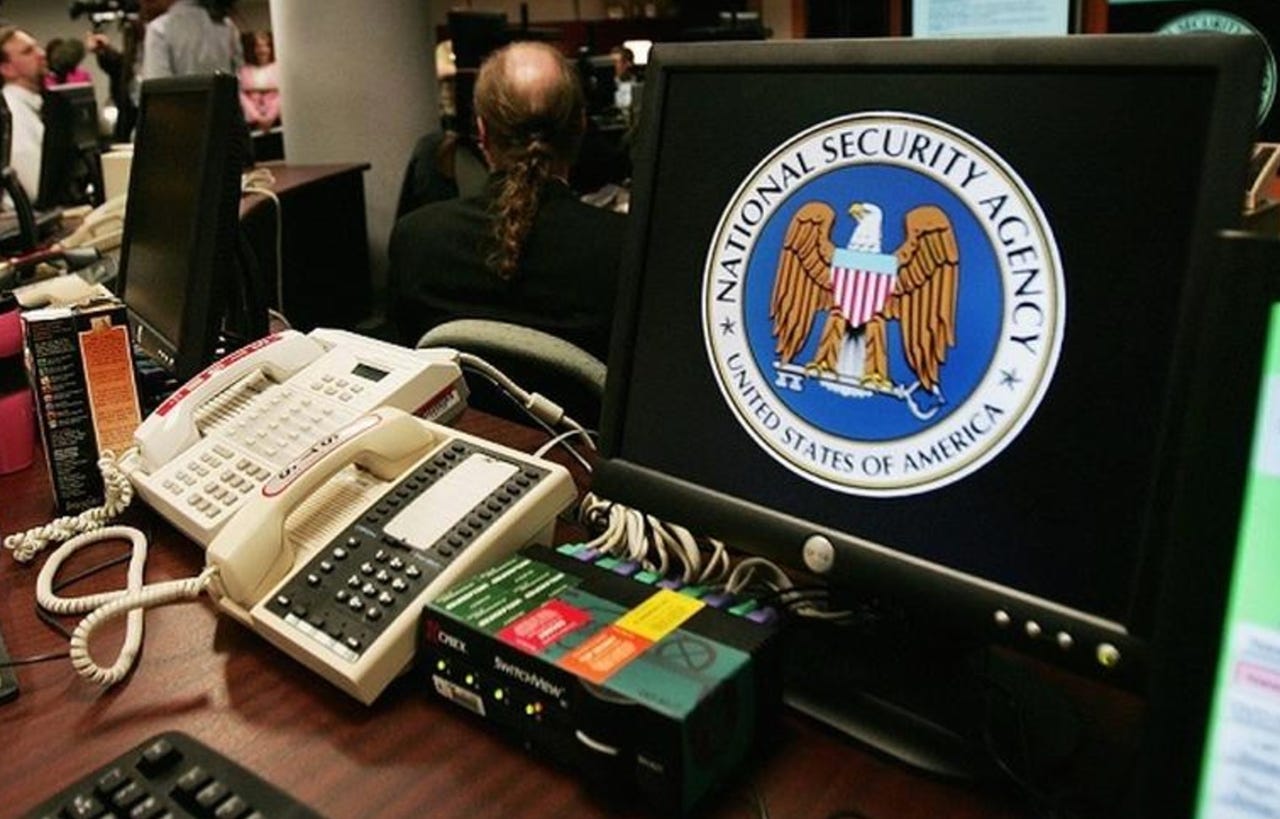Former NSA contractor indicted over 50TB gov't classified data theft


A former US National Security Agency (NSA) contractor has been indicted over an alleged 20-year campaign to steal classified government documents.
On Wednesday, a federal grand jury indicted Harold Thomas Martin III for what prosecutors say "may have been the largest heist of classified government information in history," as reported by Reuters.
Reports suggest that the alleged theft may have also included the majority of the NSA's elite hacking unit's extensive library of hacking tools and software.
The 52-year-old allegedly collected data from the US intelligence agency relating to national defense from December 1993 to August 2016.
According to Acting Assistant Attorney General for National Security Mary McCord, US Attorney Rod Rosenstein for the District of Maryland and Special Agent Gordon Johnson of the FBI's Baltimore Field Office, Martin was employed by at least seven different private companies during this time and was granted work as a contractor for various government agencies.
The contractor held security clearances up to Top Secret and Sensitive Compartmented Information (SCI) during some of this time period, and according to prosecutors, "worked on a number of highly classified, specialized projects where he had access to government computer systems, programs and information, including classified information."
Over the course of over two decades, Martin allegedly stole sensitive information which was then hoarded at his home in Glen Burnie, Maryland.
The Washington Post reported earlier this week that the stolen data included NSA hacking tools, operational plans against a "known enemy" of the US, and a total of 50 terabytes of digital, classified material.
According to the publication, Martin once held a position in the NSA's top hacker unit, Tailored Access Operations (TAO), and managed to make off with over 75 percent of the department's library of hacking tools.
If the allegation proves to be true, TAO's library and hacking toolset not only would fetch a very high price on the market due to the unit's focus on cyberespionage, but the theft highlights a gross security breach in what should be a secretive and secure department.
It is not currently known whether any of the alleged stolen data was utilized for nefarious purposes, sold, or leaked.
Rosenstein called the alleged theft a "flagrant abuse" of the trust placed in him by the US government.
See also: How did one contractor steal 50TB of NSA data? Easily, say former spies
When Martin was taken into custody last August, he was working for Booz Allen Hamilton, a government contractor which also provided former NSA contractor Edward Snowden to the intelligence agency.
In 2013, Snowden leaked a treasure trove of confidential government documents to the media which exposed the mass surveillance activities of the US agency both in its home country and abroad, prompting outrage from technology vendors and the general public.
Martin's indictment means he faces a total of 20 criminal counts, each of which can earn the former contractor up to 10 years in prison under the Espionage Act, according to the Department of Justice (DoJ).
"The FBI investigation and this indictment reveal a broken trust from a security clearance holder," said Johnson. "Willfully retaining highly classified national defense information in a vulnerable setting is a violation of the security policy and the law, which weakens our national security and cannot be tolerated."
The former contractor is reportedly considered a flight risk -- perhaps as an echo of Snowden's dash to Russia -- and remains at a detention facility until a hearing on February 14 at the US District Court in Baltimore.